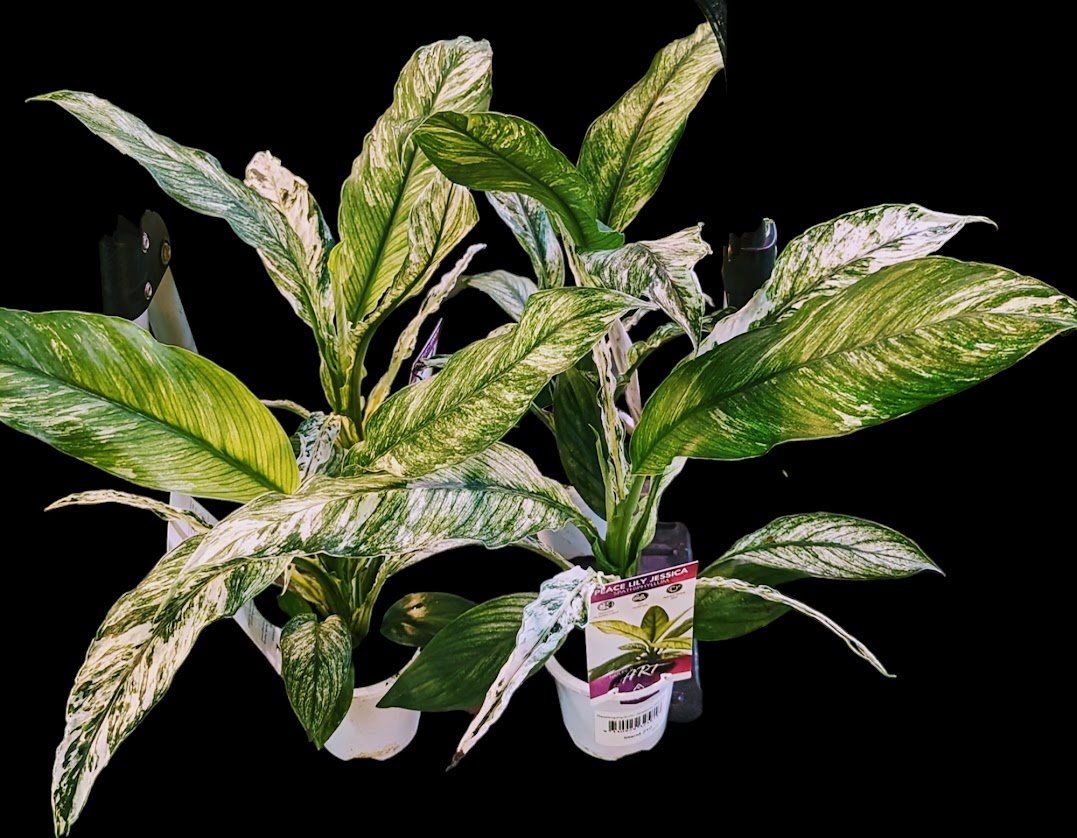Selaginella Electric Red...$22
130 mm pots.
Selaginella 'Electric Red' is a striking variety of spikemoss known for its vibrant foliage that transitions from green to deep red, especially in cooler temperatures. It belongs to the Selaginellaceae family and thrives in humid environments, making it a popular choice for terrariums and shaded gardens.
130 mm pots.
Selaginella 'Electric Red' is a striking variety of spikemoss known for its vibrant foliage that transitions from green to deep red, especially in cooler temperatures. It belongs to the Selaginellaceae family and thrives in humid environments, making it a popular choice for terrariums and shaded gardens.
130 mm pots.
Selaginella 'Electric Red' is a striking variety of spikemoss known for its vibrant foliage that transitions from green to deep red, especially in cooler temperatures. It belongs to the Selaginellaceae family and thrives in humid environments, making it a popular choice for terrariums and shaded gardens.
Key Information
Scientific Name: Selaginella erythropus ‘Electric Red’
Common Names: Electric Red Spikemoss, Red Clubmoss
Family: Selaginellaceae (Spikemoss Family)
Origin: Tropical regions of South America
Growth Habit: Low-growing, spreading fern-like moss
Appearance
Foliage: Lush green on top, with vivid red undersides, creating a two-toned effect.
Size: Grows 6–12 inches (15–30 cm) tall and spreads outward like a ground cover.
Growth Pattern: Forms a dense, trailing mat that thrives in humid environments.
Growing Conditions
Light: Prefers bright, indirect light or partial shade; direct sunlight may scorch leaves.
Soil: Moist, well-draining soil rich in organic matter (peat-based mixes work well).
Watering: Keep the soil consistently moist but not soggy; does not tolerate drying out.
Humidity: Loves high humidity (60% or more); great for terrariums, greenhouses, or misted environments.
Temperature: Best in 65–80°F (18–27°C); sensitive to cold and should be kept above 50°F (10°C).
Hardiness Zones: 9–11 (USDA); typically grown as an indoor plant or terrarium specimen in cooler climates.
Care and Maintenance
Pruning: Trim to maintain shape and encourage bushier growth.
Fertilizing: Use a diluted balanced liquid fertilizer every 4–6 weeks during the growing season.
Repotting: If grown in a container, refresh the soil every 1–2 years.
Propagation: Easily propagated through division—simply separate sections and replant.
Common Problems & Solutions
Brown, crispy leaves → Low humidity; increase misting or use a humidity tray.
Wilting or drooping → Underwatering; ensure soil stays evenly moist.
Yellowing leaves → Overwatering or poor drainage; improve airflow around roots.
Slow growth → Low light or lack of nutrients; adjust care accordingly.
Uses and Benefits
✔ Perfect for terrariums, vivariums, and moist, shaded gardens
✔ Unique two-toned foliage adds a striking accent to plant collections
✔ Low-maintenance when provided with consistent humidity and moisture















